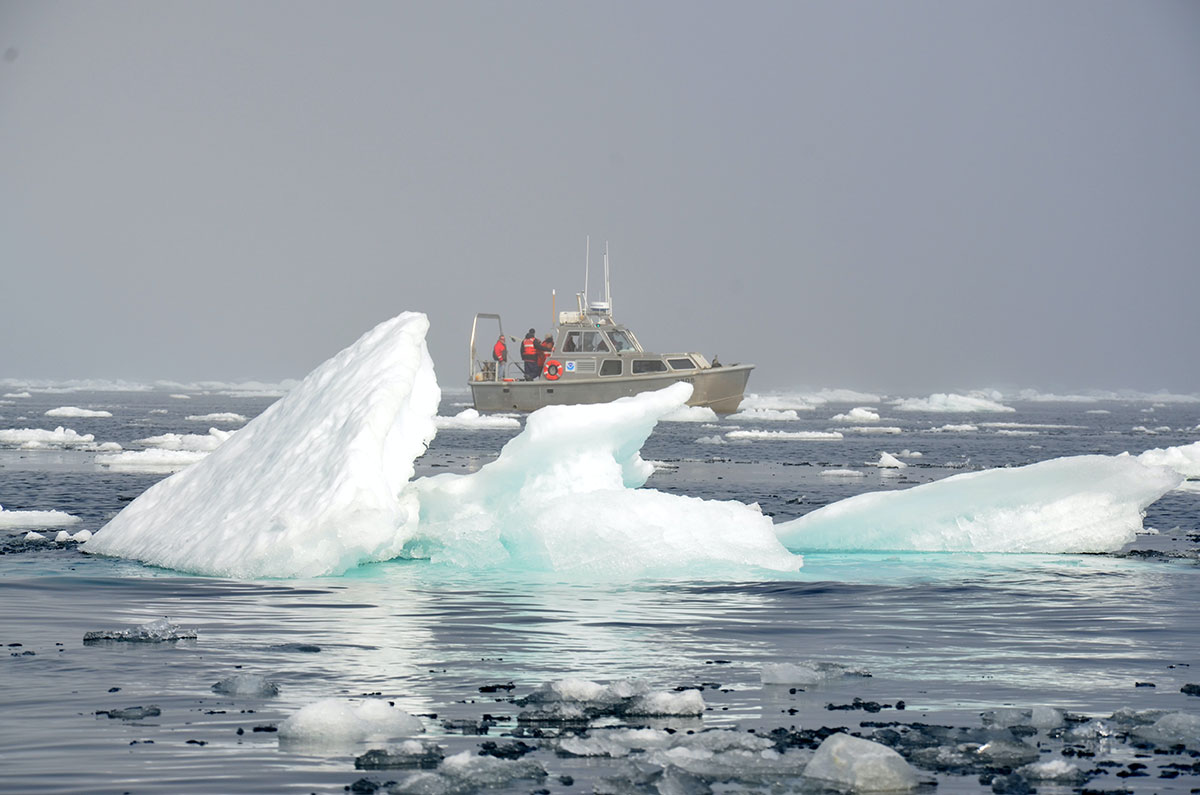Arctic shipping is controversial due to the trade-off between its positive economic impact and its negative environmental effects. As both effects are affected by the uncertainty related to sailing conditions encountered along the route, we develop a model that estimates how ice conditions change the probability of blockage along the route and play on the economic and environmental attractiveness of the Northern Sea Route. The model is applied to a business case that compares the performance of two ice-class oil tankers (1A and 1AS) that use Marine Gas or Low Sulfur Fuel, and considers historical data on daily ice thickness records (2006–2016) for the probability of blockage. Our main finding is that the probability of blockage affects the choice of the optimal vessel to deploy along the Arctic Route as well as the effectiveness of various environmental policy options.

What LEGO teaches us about collector's markets
David Moroz LEGO is no longer just a toy for children: it has also become a sought-after collector’s item, with a particularly dynamic second-hand market. Like certain luxury brands such as Pandora and Hermès, the LEGO Group encourages its customers to collect by developing varied and sometimes limited-edition ranges. When a range – known as […]

Can employers gauge positivity on LinkedIn? Study finds positive affectivity may increase employment chances for business school students.
Can employers gauge your trait positivity on LinkedIn? A recent study published in Career Development International suggests they can. It shows that job seekers with higher levels of positive affectivity are more likely to receive favorable ratings from recruiters. This influence occurs through two key factors: their intrinsic motivation and their efforts in building professional […]

Ethical Ramifications of the Dark Side of Business Practices in the International Business Area
The paper explores the ethical challenges linked to negative business practices in international business (IB). The main findings and conclusions can be summarized as follows: Main Findings I- Four Key Themes: the paper identifies four critical areas of concern regarding dark-side practices in IB: II- Dark-Side Practices: the paper discusses examples of unethical business practices […]


